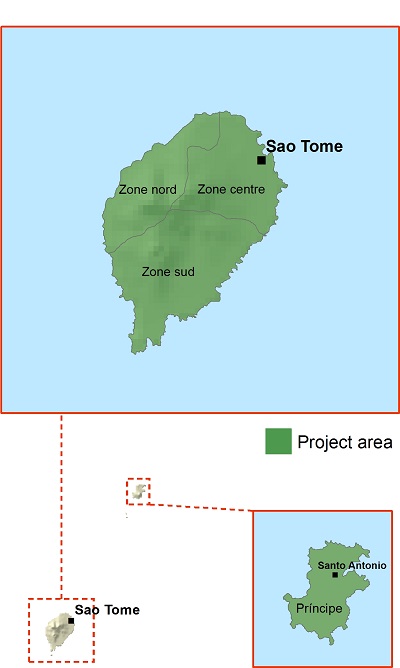Smallholder Commercial Agriculture Project
IFAD Asset Request Portlet
資產出版器
Smallholder Commercial Agriculture Project
This project is designed to continue providing the country's most vulnerable rural households with sustainable opportunities to access income from fair trade crops in both niche export and domestic markets. The project has four components:
- Development of family plantations
- Consolidation of producer organizations
- Introduction of new intervention areas
- Coordination, management, and monitoring and evaluation.
The project operates nationwide, specifically targeting single-parent households headed by women and households with young people.

President's reports
President's reports
Project design reports
Project design reports
Supervision and implementation support documents
Supervision and implementation support documents
Environmental and social impact assessment
Final environmental and social management framework
Interim (mid-term) review report
Interim (mid-term) review report
Resettlement action framework
PCR digest
Special study
Project list
Audit and Financial Statements
Audit and Financial Statements
Project completion report
Co-financiers
Related
Related
What helps value chain projects work best for rural producers?
九月 2019
- BLOG
Is it possible to link small-scale producers to emerging opportunities in dynamic food systems?
Impact assessment: PAPAFPA and PAPAC
四月 2019
The Participatory Smallholder Agriculture and Artisanal Fisheries Development Programme (PAPAFPA) and the Smallholder Commercial Agriculture Project (PAPAC) are complementary projects designed to improve the livelihoods of smallholders in Sao Tomé and Príncipe. PAPAFPA, which has now closed, created farmers’ cooperatives to improve the development of organic cacao, coffee, and pepper value chains through increased commercialization in domestic and niche export markets.